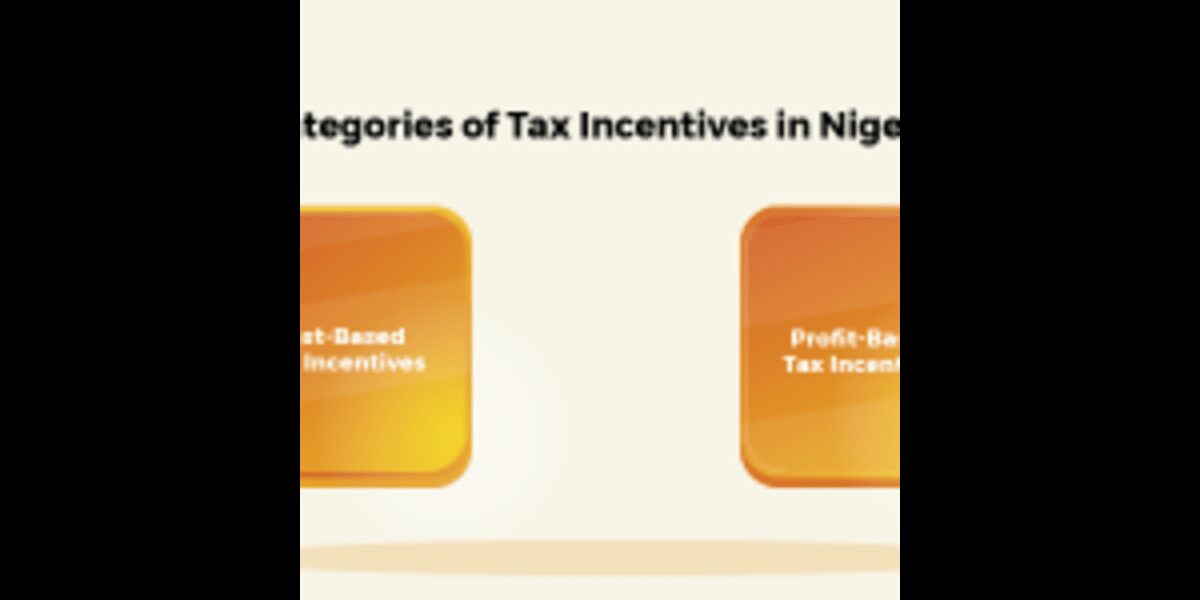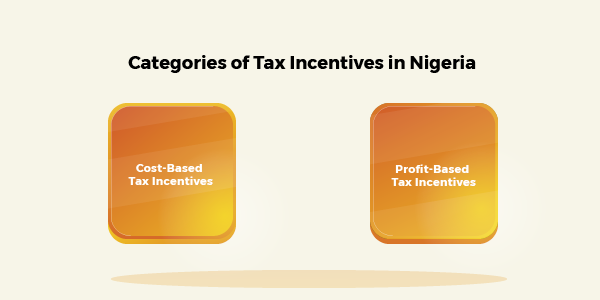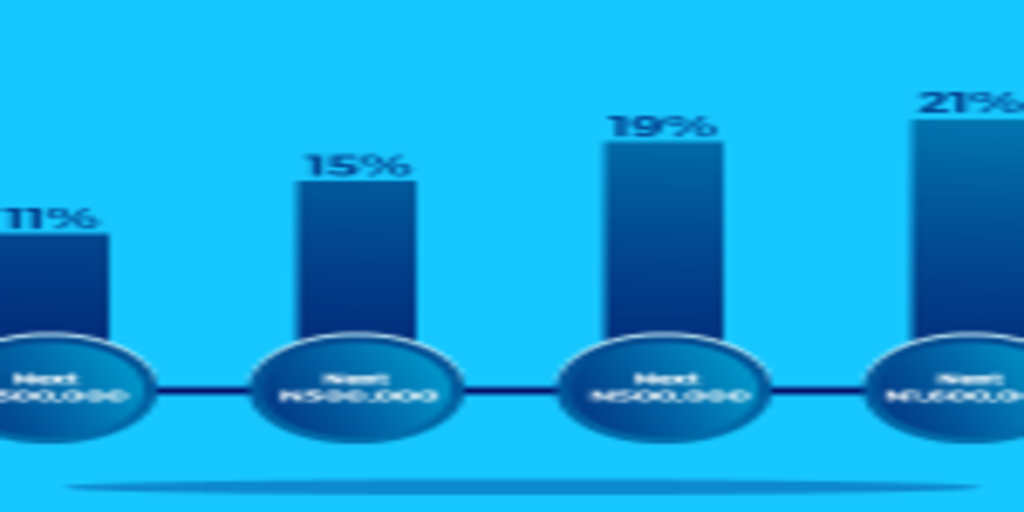Tax Exemption for New Companies in Nigeria: A Concise Guide

by Counseal Team
Updated November 26, 2023

In Nigeria, the government has put up a lot of infrastructures to aid the growth of new companies alongside Small and Medium-Scale Enterprises (SMEs). This includes amongst others, tax exemption for new companies in Nigeria.
This has created a surge of new companies as well as investments in the Nigerian economy. The Nigerian Investment Promotion Commission registered 137 businesses in the second quarter of 2022, spanning over fifteen sectors of the economy. Click here for the full report. The Corporate Affairs Commission approved 42,339 registrations in just June 2021.
The importance of startup companies cannot be overemphasised. Startup companies reduce unemployment rates, increase living standards, and attract local and foreign investment when they thrive. These are major factors that boost the economy. This is why the Nigerian government grants incentives, which include tax exemption, to new and startup companies to ease their entrance into the economy. It helps mitigate unfair competition and enhance production, as well as the economic output of the startup.
Currently, the tax incentives granted by the Nigerian government include:
- Pioneer Status
- Tax exemption from
- Company Income Tax
- Capital Gains Tax on disposal of equity interest
- Tertiary Education Tax
- A tax-free period for companies in downstream operations (gas utilisation)
- Tax-free dividends during this period
We will discuss these in more detail shortly, but first, let’s examine what tax incentives actually are.
What are Tax Incentives?
By lowering the amount of tax paid to the government, a tax incentive is a policy the government adopts with the goal of motivating people and businesses to invest more money in their operations.
Who is Entitled to Tax Incentives in Nigeria?
For ease of reference, we will classify companies into three sizes based on their turnover:
- Small companies: These companies have a gross turnover of ₦25 million or less.
- Medium-sized companies: these are companies with a gross turnover greater than ₦25 million but less than ₦100 million
- Large Companies: These companies have a gross turnover of ₦100 million or more.
Most tax incentives are granted to small and medium companies, as large companies are believed to be already well grounded. There are some exceptions where the government grants tax holidays to large companies in exchange for corporate social responsibility or where they diversify into a critical sector of the economy. Small companies are automatically granted tax exemption upon tax registration. We will delve into these incentives shortly.
Let’s take an example: Dangote Cement Plc, which takes the lead in tax remittance to the government, exemplifies large companies that are given tax holidays. It remitted N92.79 billion to the Nigerian government in the first half of 2022. In 2021, the Nigerian government gave tax credit certificates to Dangote Cement Plc in exchange for the construction of the Apapa – Oworonshoki – Ojota road in Lagos and the Obajana – Kabba road in Kogi State. A tax credit of N22.3 billion was awarded for both road networks. On the other hand, one of its younger subsidiaries, Dangote Sinotrucks West Africa, was granted Pioneer Status for investing in a critical sector of the economy. l
While the general law requires you remit your tax returns within six months of the company’s financial year. For a new business, eighteen months from the day of incorporation or six months after the company’s first accounting period, whichever is earlier. This also applies to exempt companies. Exempt companies are required to comply with the procedures for:
- Tax registration
- Tax returns
- The time frame for filing
Through the rest of this guide, we will delve into tax-specific incentives for small and medium-scale enterprises.
What are the Categories of Tax Incentives in Nigeria
There are two categories of tax incentives. They are:
- Cost-based tax incentives: These include tax credits and accelerated depreciation allowances.
- Profit-based tax incentives: These include tax holidays and reduced tax rates.
The type of tax incentive granted depends on your:
- Sector of business
- Income type
- Business size
- Business location

In this article, we will focus on the following profit-based incentives that are applicable in Nigeria:
- Pioneer Status
- Tax exemption for Small and Medium Companies
What is Pioneer Status
The Industrial Development (Income Tax Relief) Act (IDA) governs it, among other extant regulations of the Nigerian Investment Promotion Commission (NIPC). It was enacted in line with modern taxation practices to encourage both foreign and local investment while boosting economic development in Nigeria.
It is a form of tax holiday granted to companies deemed as pioneers in economically disadvantaged industries. If you qualify for this, NIPC will grant you company income tax relief for three years. It can also be extended for one or two more years.
This status also qualifies you for relief from payment of 10% withholding tax on dividends paid out of business profits.
How do you qualify for pioneer status?
- The company must only carry out the business covered by the pioneer status.
- The company must own, either as a joint venture, a foreign-owned company, or an indigenous company, a long-term physical asset worth over ₦100,000,000 (One Hundred Million Naira).
- You, as a company, must apply within one year of the start of the business.
You can check the application procedure here.
To qualify, you also need to show:
- The potential to provide jobs in the economy
- A drive to develop the technical know-how of your Nigerian workforce
- The export potential of your company
- Utilisation of local content. This includes your workforce.
- Investment in the Infrastructural development and openness to carry out your Corporate Social Responsibility to your immediate community and Nigeria at large
You must comply with the requirements laid down by IDA to continue to enjoy this status. One requirement is to submit an annual performance report to NIPC.
Which Industries fall under the Pioneer Status?
Pioneers in the industries listed below can enjoy the benefits of the Pioneer status:
- Agriculture
- Mining and quarrying
- Electricity and gas supply.
- Waste Management
- Trade (E-commerce)
- Information and communication.
- Professional services (Photography is the only applicable service for now)
- Financials
- Administrative Services
- Manufacturing
- Construction
This list is non-exhaustive. To check your industry vis-à-vis your products or services, click here.
There has been a recent movement by the government to grant pioneer status to tech startups, but they have not enacted it. We will talk about this soon.
What are the Tax incentives available to Small and Medium Companies?
The Finance Act 2021 provides that the Federal Inland Revenue Services (FIRS) should grant a 100% company income tax exemption to small companies. The company will, however, need to comply with:
- Tax registration
- Tax return procedures
- Time of filing all tax returns.
Failure to comply will make them liable to:
- ₦25,000 for the first month of non-compliance.
- ₦5,000 for subsequent months.
The Act also provides that small companies can benefit from the following tax incentives:
- Capital gains Tax exemption of up to 100% upon disposal of an equity interest
- Tax exemption on dividends of new manufacturing companies in Nigeria in the first five years of their operations.
- Exemption from Tertiary Education Tax
- It gave companies engaged in the business of gas utilisation in downstream operations an initial tax-free period of three years. This may be extended subject to the satisfactory performance of the business for two years as long as:
- The company has claimed the incentive only once.
- You did not form the company (ies) from reorganisation, restructuring, buy-back, or other similar schemes out of a company that has already enjoyed this incentive, and
- The company has not claimed an incentive for the trade of gas utilisation under any law in Nigeria or incentives under the Industrial Development Income (Tax Relief) Act.
- Tax-free dividends during the tax-free period where;
- The investment was in foreign currency.
- Imported plants and machinery account for not less than 30% of the equity share capital of the company.
For medium-sized companies, The Act provides that they will pay 20% of company income tax as against the 30% paid by large companies.
What is the fate of Tech Start-ups?
The federal government gave the green light to implement strategies to support the growth of “Innovation Driven Enterprises.” This led to the Nigerian Communications Commission (NCC) developing the National Digital Economy Policy and Strategy. Ministries, Departments, and Agencies (MDAs) were given the mandate to prioritise incentives and tax relief for tech start-ups. The MDAs involved are the:
- Federal Ministry of Finance, Budget, and National Planning
- Nigerian Investment Promotion Commission (NIPC)
- Nigerian Copyright Commission (NCC)
- Trademarks, Patents and Designs Registry.
- National Information Technology Development Agency (NITDA)
- Bureau of Public Procurement (BPP)
The Federal Government directed the Trademarks, Patents, and Design Registry to work with NITDA to develop an IP framework for tech start-ups
The BPP will also work with NITDA to develop a framework to involve tech startups in government procurement processes to encourage ideation, innovation, and the design of solutions to solve development challenges.
There is a Start-up Bill that the Nigerian Senate has passed but needs to go through the House of Representatives before it can get the President’s assent. The bill seeks to grant pioneer status to tech startups alongside other economic and tax incentives.
However, a tech start-up that qualifies as a small company will enjoy tax exemptions for new companies in Nigeria as explained above.
Conclusion
The reduction of taxes will lower operational costs, such as those associated with product development and upgrades, as well as potentially higher wages and salaries. Tax exemption for new companies will also encourage reinvestment of profit back into your company to aid the growth. Just like the start-up bill mentioned above, there is a drive to ease the challenges of starting up a new and innovative company by the Nigerian government.
If you have questions on this subject or other tax-related inquiries, get a free personalised session with an expert.





